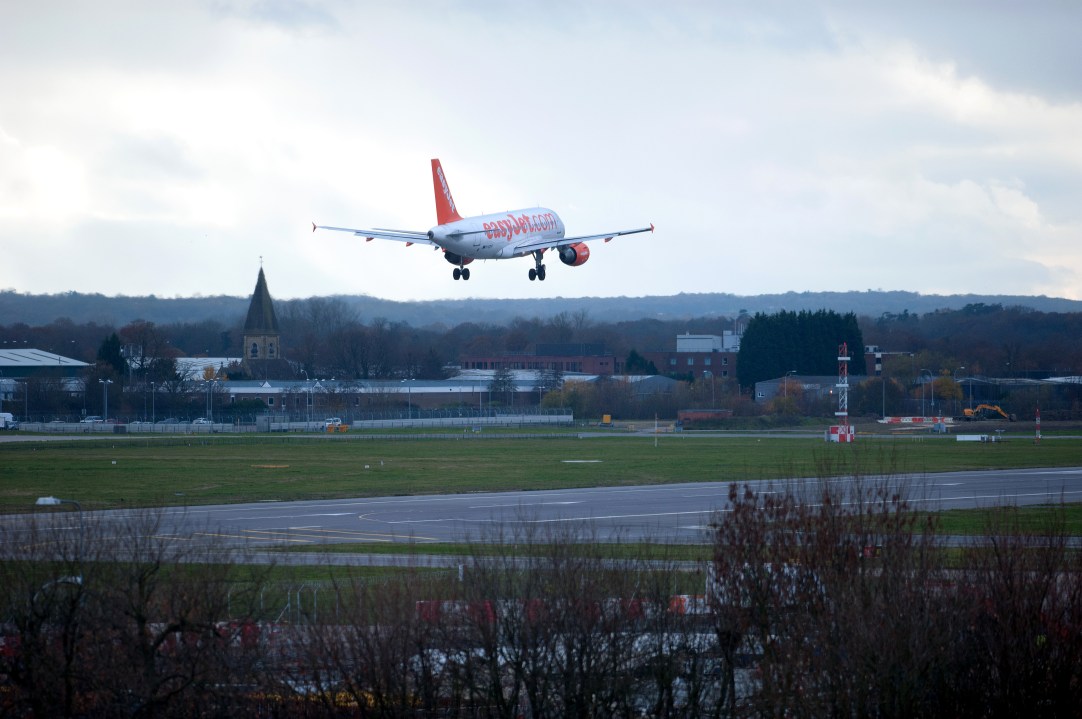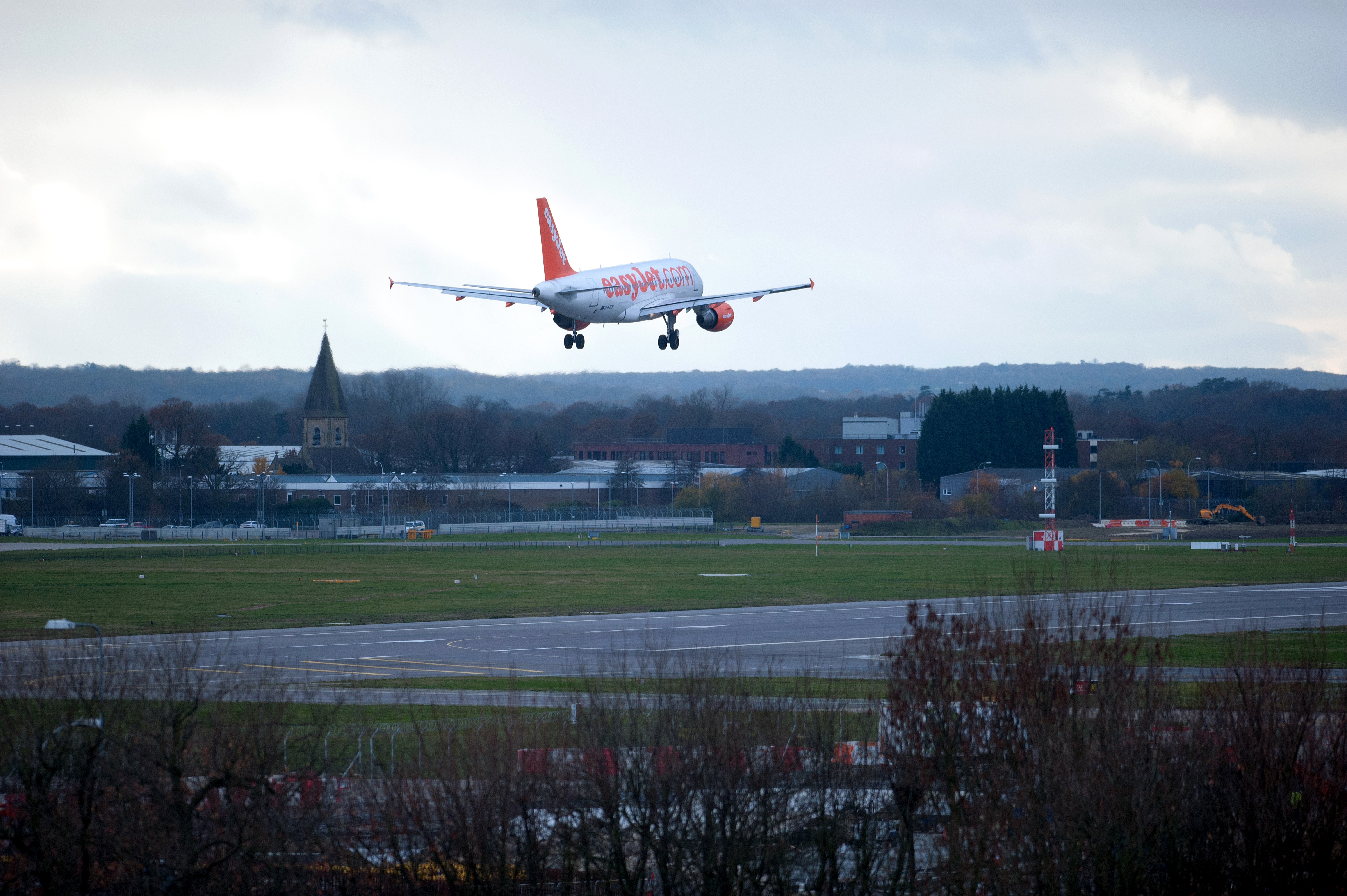Gatwick Airport has been brought to its knees by a bunch of drones – not so much the flying variety as the type who sit in offices or stand around in hi-viz vests and make decisions by the book, with no imagination nor initiative of their own. How can a little airborne gizmo bring the country’s second busiest airport to a complete halt for 36 hours, defeating the efforts of police, airport security and the uncommonly useless Chris Grayling? Surely, there was a way to obliterate the wretched thing – whether by a twelve-bore, laser or a net suspended beneath a helicopter
If it wasn’t Vladimir Putin playing with an early Christmas present from his Kremlin office, he, and many other foreign powers, terror groups and protest movements will have been taking a very keen interest. We are supposed to be one of the great world powers in aviation, and developer of advanced military technology, a developer of nuclear missiles. And yet we can’t even defeat a drone flying over an international airport.
I presume the problem is not really a lack of military technology, but a lack of willingness to deploy it in a civilian context. But why not? Do we really have to wait until a foreign power declares war on us by telegram or wireless broadcast, 20th century-style, before we are prepared to call in the air force? This is a kind of war – it is the kind of war we are told about continuously, by government ministers among others: asymmetric, technological war where the strategy is to disrupt, vandalise. We don’t yet know who is behind this attack, but one thing is for sure – they set out with the intention of bringing Gatwick to a halt and succeeded beyond their wildest dreams.
There will be a price to be paid for the inability to cut off this drone attack early on: it will encourage others who have a desire to cause havoc, be they foreign powers, terror groups or political protesters. They now know how easy it is cause chaos.
If, indeed, they did not already realise this. Thirty miles away in central London was another example of our national feebleness when it comes to keeping civil society rolling. Protesters from Extinction Rebellion – an environmental group which counts the former Archbishop of Canterbury, Rowan Williams among its supporters – besieged the BBC offices in an attempt to force the corporation to adopt its own favoured editorial line on climate change. Staff were reported to have been unable to enter or leave the building for some time. This comes after several occasions when the group succeeded in blocking bridges across the Thames.
Everyone has a right to protest, but not to stop people going about their daily, lawful business. I doubt that Rowan Williams would have been impressed had his sermons been stopped by protesters besieging his pulpit. That isn’t democracy, it is a kind of thuggery – it is saying: I think my cause is so important that justifies me furthering it by whatever means I like. In a country where no democratic process is permitted, direct action might be justified, but not in a country which is so open to political debate.
Keeping the country moving used to be a matter of pride, just as free speech. But we have lost it. By being over-tolerant of direct action, and being so feeble in tackling attempts to bring the country to a halt, like Gatwick drones, we are not emboldening democracy, we are suppressing it.








Comments